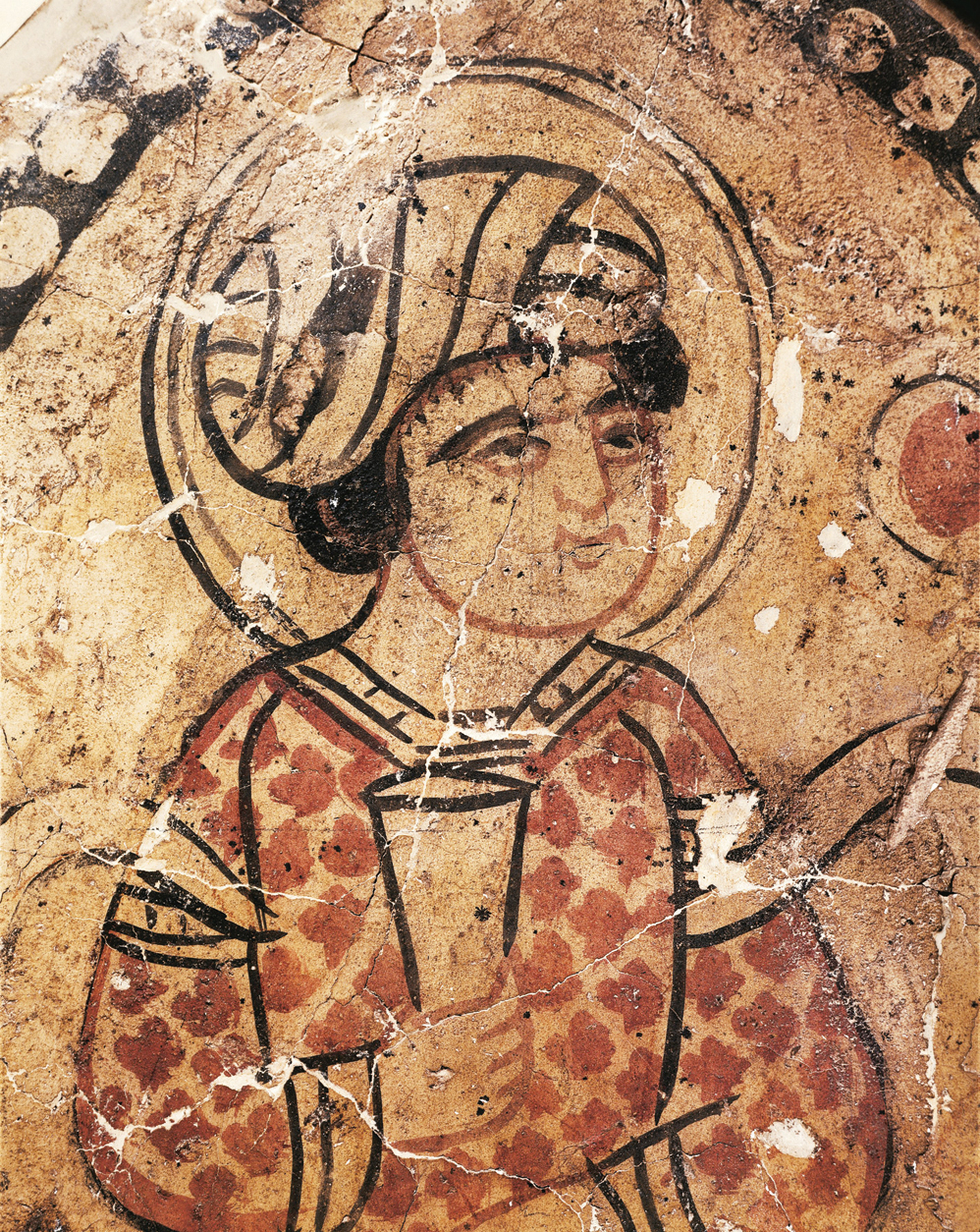Introduction for Chapter 9
9. The Islamic World, 600–

Around 610 in the city of Mecca in what is now Saudi Arabia, a merchant called Muhammad had a religious vision that inspired him to preach God’s revelations to the people of Mecca. By the time he died in 632, he had many followers in Arabia, and a century later his followers controlled what is now Syria, Palestine, Egypt, Iraq, Iran, northern Africa, Spain, and southern France. Within another century Muhammad’s beliefs had been carried across Central Asia to the borders of China and India. The speed with which Islam spread is one of the most amazing stories in world history, and scholars have pointed to many factors that must have contributed to its success. Military victories were rooted in strong military organization and the practice of establishing garrison cities in newly conquered territories. The religious zeal of new converts certainly played an important role. So too did the political weakness of many of the governments then holding power in the lands where Islam extended, such as the Byzantine government centered in Constantinople. Commerce and trade also spread the faith of Muhammad.
Although its first adherents were nomads, Islam developed and flourished in a mercantile milieu. By land and sea, Muslim merchants transported a rich variety of goods across Eurasia. On the basis of the wealth that trade generated, a gracious, sophisticated, and cosmopolitan culture developed with centers at Baghdad and Córdoba. During the ninth, tenth, and eleventh centuries, the Islamic world witnessed enormous intellectual vitality and creativity. Muslim scholars produced important work in many disciplines, especially mathematics, medicine, and philosophy. This brilliant civilization profoundly influenced the development of both Eastern and Western civilizations.